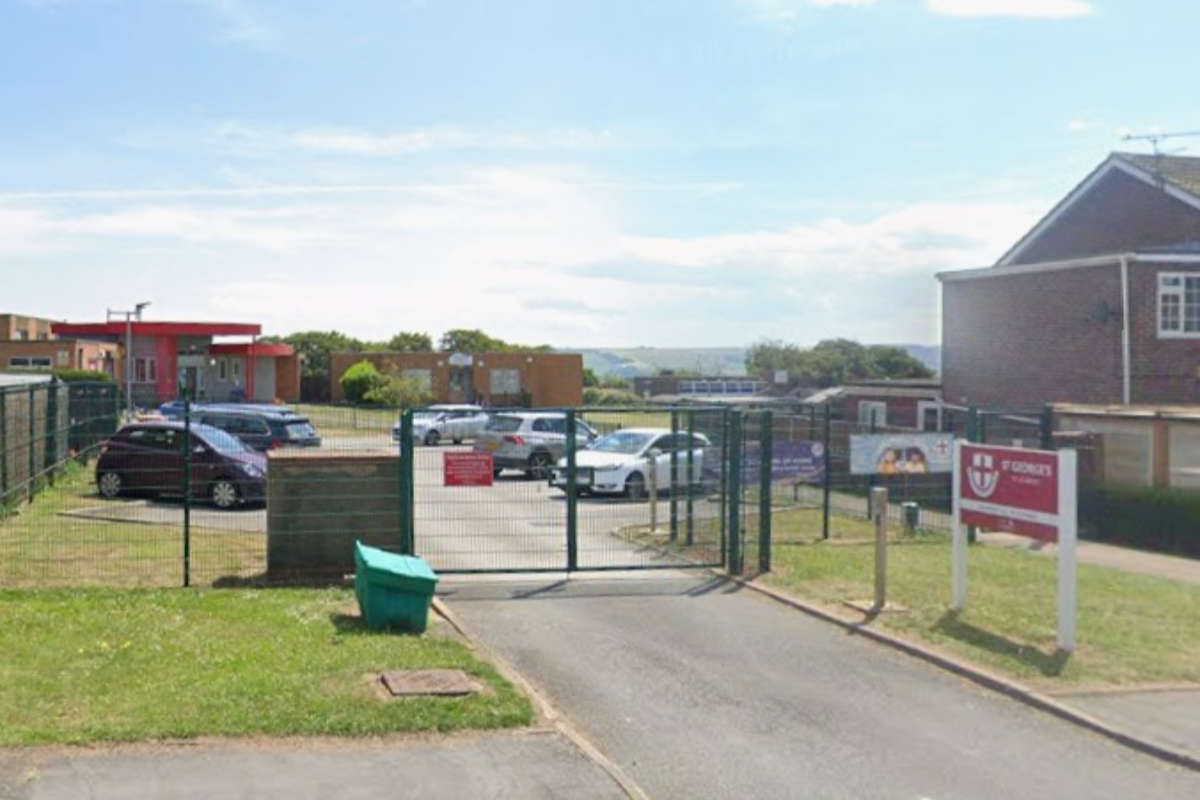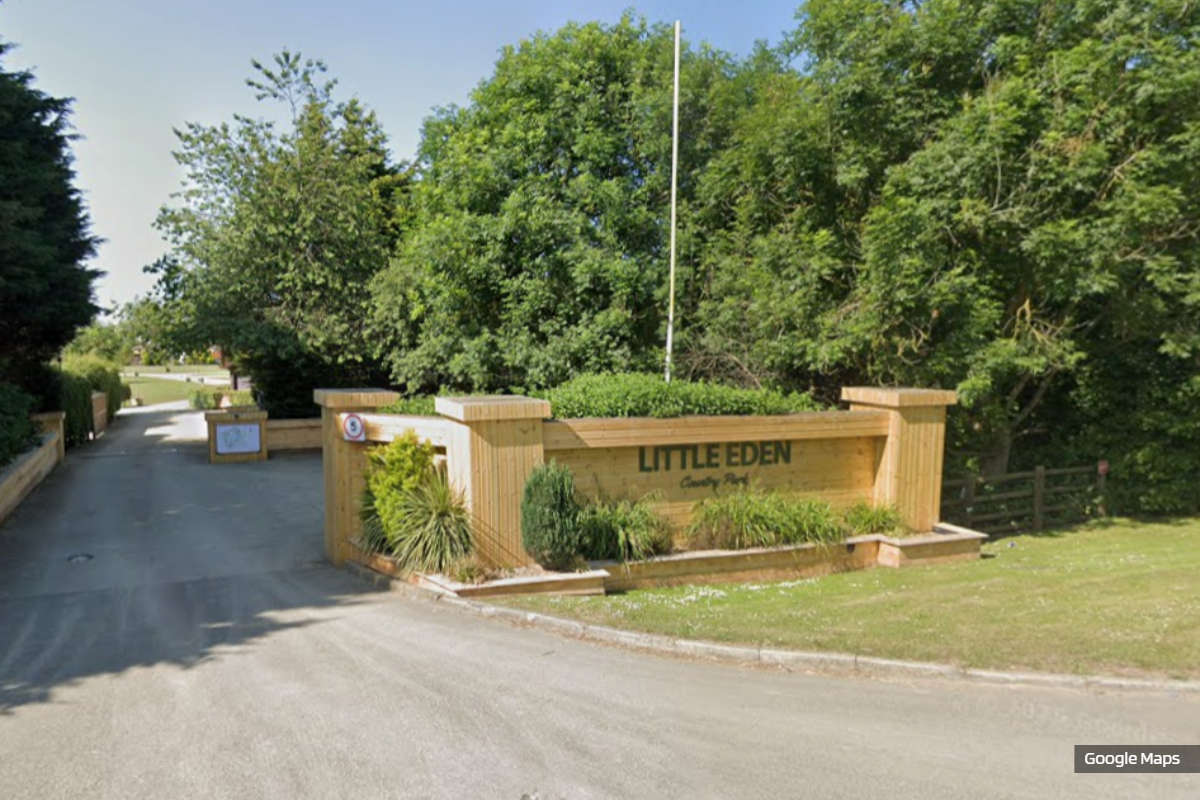
Alison Hume MP says "disabled people will be disproportionately harmed as a result of these cuts, and I can't square that with my conscience as Labour MP."
Scarborough and Whitby MP Alison Hume says she fears the government is making a big mistake with it's proposed reforms to disability benefits.
In a lengthy post on social media the MP said:
"After twenty-five years in the disability space as a supporter and dealing with DWP over PIP, both for my son and other families I have assisted, I fear the government is making a terrible mistake on the proposed PIP policy.
The Universal Credit and Personal Independence Payment Bill has now been published and it will have its first reading on Tuesday 1st July.
Depressingly, it still contains the eligibility requirement for claimants to score 4 in a single daily living activity as well as scoring 8 points for the standard rate or 12 for the enhanced rate."
Alison goes on to highlight real world examples of people who would lose their PIP entitlement as a result of the changes, saying:
"As my statements on PIP are essentially written by someone with lived experience to those with similar, I am conscious that I am short-handing a lot – but essentially these is a pen portrait of someone who would lose out on either level:
- Needs to use an aid or appliance to be able to either prepare or cook a simple meal (2)
- Needs assistance to be able to cut up food (2)
- Needs assistance to be able to wash either their hair or body below the waist (2)
- Needs assistance to be able to get in or out of a bath or shower. (3)
- Needs supervision or prompting to be able to manage toilet needs (2)
- Total score:11
This person currently receives £72.50 per week but after reassessment (Nov 2026 onwards) if their needs remain the same, the entire benefit would be lost as no score is above 4.
Or this is a real person:
Agustin is 62 years old and lives with his wife, who is his carer. Agustin worked his whole adult life as a cleaner, until a recent accident at work left him with a serious spinal condition which forced him to stop working, and significantly limited his mobility. He uses crutches to get around. His wife cooks for him, helps him to bathe and dress, and does all of the shopping. (Provided by the anti-poverty charity Z2K)
Agustin would lose his PIP under the proposed changes.
I have received hundreds of emails from my constituents worried you will lose PIP.
Thank you so much for writing to me - some were absolutely heartbreaking to read."
Please remember the changes won’t come into effect until November 2026, you will be reassessed before any changes are made, people currently of state pension age will not be routinely fully reviewed, those nearing end of life who are classified under the SREL will continue to score the enhanced rate and severely disabled people will no longer be subject to reassessments.
The government have also added a run-on of 13 weeks of PIP entitlement as a financial protection which extends to passported benefits and the UC carer’s element.
BUT, and it’s a big but, the inescapable fact is that disabled people and their families/carers will be disproportionately harmed as a result of these cuts, and I can't square that with my conscience as Labour MP.
As it stands, MPs are being asked to vote for something without knowing the impact in terms of poverty and hardship.
The reality is that a claimant whose condition remains unchanged means that they would go from being in receipt of £72.50 per week (standard rate) to nothing at all. At £3,770 this is a life-changing amount, especially when it means Carers Allowance is also lost. I am concerned that families affected by the loss of PIP, Carers Allowance and cuts to UC will be pushed into poverty, despair and, as we saw after the cuts in 2015, suicide."
Alison Hume says she does support some of the governments aims around enabling people to get back into work but is concerned about the practicalities of the approach.
"Our country's welfare bill is horrendous and unsustainable. For these reasons I am not opposed to the Universal Credit reforms except for delaying access to the health top up for disabled young adults under 22.
I fully support the government’s commitment and plan to getting people back into work.
However, due to long waits for health and mental health appointments, as well as the projected roll-out of the support programme, I worry it will just not be possible to get the numbers of people with disabilities into work which are being talked about.
Employers who are currently unwilling to employ people with disabilities, especially if their condition is fluctuating and unpredictable, need incentivising.
Current work opportunities for disabled people are very limited outside of big employers/cities."
Alison says the proposed changes to PIP would have a big impact in the Scarborough and Whitby area.
"In Scarborough and Whitby as of April 2025 there were 7,214 PIP claimants, of which 6,009 were working age claimants. Of course many of these claimants will be in work, as PIP is not an unemployment benefit.
A rough approximation of those scoring less than 4 points in all daily living activities using data from a recent PQ (PQ 52015, 28 May 2025) indicates that in Scarborough and Whitby in January 2025, around 12% of those receiving the enhanced daily living component, and 85% of those receiving the standard rate, scored less than 4 points in all daily living activities.
If we apply these proportions to the latest April 2025 claimant data, I estimate that around 2,243 PIP claimants in Scarborough and Whitby might be affected by the change to eligibility, but as I say, these are my estimates.
The government estimate that the PIP changes are more likely to impact claimants aged 30 and over, which puts paid to the stated ambition to cut the number of young adults claiming PIP.
The DWP also says that claimants with back pain, arthritis or chronic pain syndromes are their primary health condition are most likely to score fewer than 4 points, while claimants with learning difficulties or ASD are least likely to score fewer than 4 points.
Again this means the PIP changes are more likely to impact claimants with physical conditions.
The proposed cuts will disproportionately affect women. The Women’s Budget Group claim that 52 per cent of women don’t score 4 in any activity compared to 39 per cent of male claimants.
Many people losing PIP will never be able to work due to comorbidities of a raft of conditions which score lower than 4 but together unfortunately make up someone who is seriously disabled.
The government tells us that 46 per cent of the 3.6m people on PIP score fewer than 4 points on any daily living activity.
What will happen to them?
Drawing on her personal experience of the PIP system, Alison Hume says she cannot support the bill in it's current form but stops short of saying she will actually vote against it.
PIP is vital for independence and dignity of disabled people. I’ve seen firsthand how it helped my son. It is not an unemployment benefit, it is paid to help with the extra cost of being disabled, either in, or out of work. Often it is the only thing which stops families like mine from falling apart financially, especially where there are multiple adults with disabilities and unpaid family carers.
I do not believe we should tamper with what we all know is a highly imperfect system in a heartless department (DWP) until we have a plan based on a proper consultation with ACTUAL DISABLED PEOPLE on PIP, proper impact assessment evidence and careful parliamentary scrutiny.
Therefore, if nothing comes forward as an amendment to remove the Score 4 requirement, I will not be supporting the Bill.
People always ask, but will you vote against it?
I always say until the day, until the bell rings for the division, I will continue to press for a pause or amendments to this Bill.
At the end of the day, my constituents trust me to stand up for the vulnerable, the forgotten and the unheard, and that’s what I will do.




 Scarborough Firm Billed by Council For Removal of Unauthorised Flags
Scarborough Firm Billed by Council For Removal of Unauthorised Flags
 Yorkshire Coast MP Publishes SEND Surveys
Yorkshire Coast MP Publishes SEND Surveys
 Yorkshire Coast Holiday Park Backs Campaign Against Tourism Tax
Yorkshire Coast Holiday Park Backs Campaign Against Tourism Tax
 North Yorkshire Fire Chief: Alarms Not Being Turned Off
North Yorkshire Fire Chief: Alarms Not Being Turned Off
 Multi-Game Sports Area Plan For Eastfield School
Multi-Game Sports Area Plan For Eastfield School
 Scarborough & Whitby MP On Smart Meter Success
Scarborough & Whitby MP On Smart Meter Success
 Scarborough Athletic Star Heading For League One
Scarborough Athletic Star Heading For League One
 Carnaby Holiday Park Deaths: Third Man Arrested As Enquiries Continue
Carnaby Holiday Park Deaths: Third Man Arrested As Enquiries Continue
 Carnaby Deaths: Families Pay Tribute To Tragic Teens
Carnaby Deaths: Families Pay Tribute To Tragic Teens
 East Riding Climate Strategy: We Need To Do More
East Riding Climate Strategy: We Need To Do More
 Scarborough Athletic Stay In Play Offs After Hereford Win
Scarborough Athletic Stay In Play Offs After Hereford Win
 Whitby Town Fight Back For Draw in Bamber Bridge Battle
Whitby Town Fight Back For Draw in Bamber Bridge Battle








Comments
Add a comment